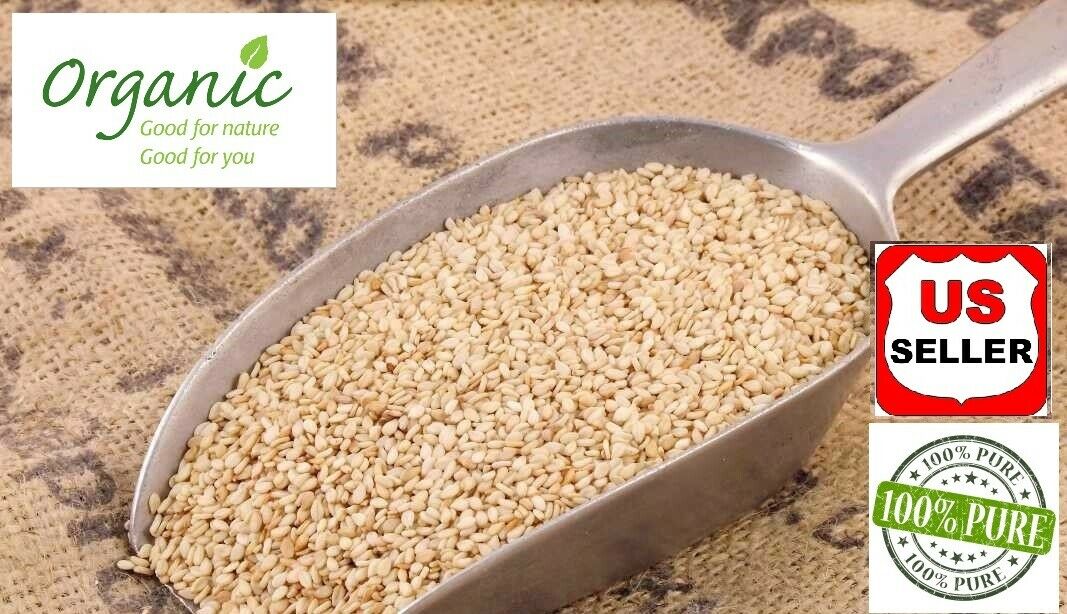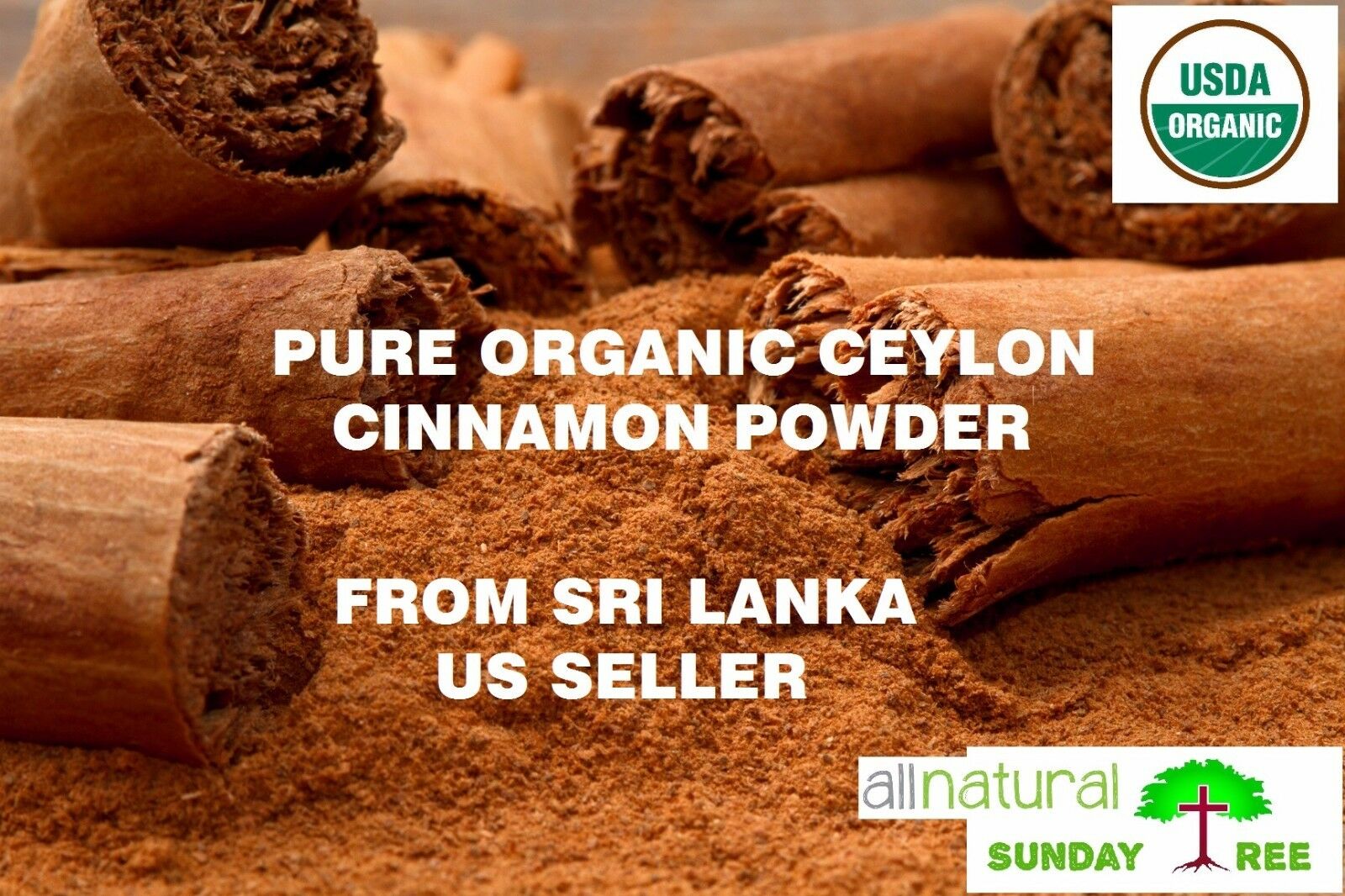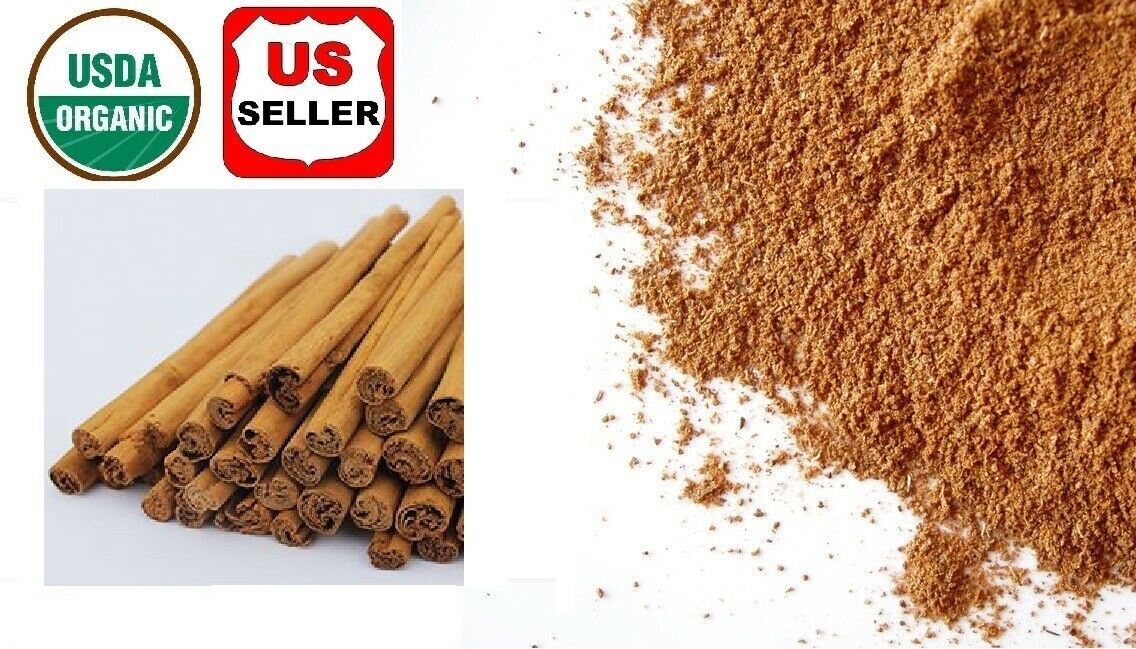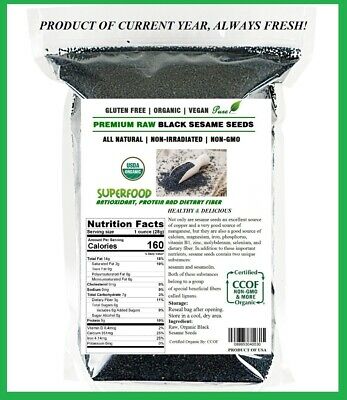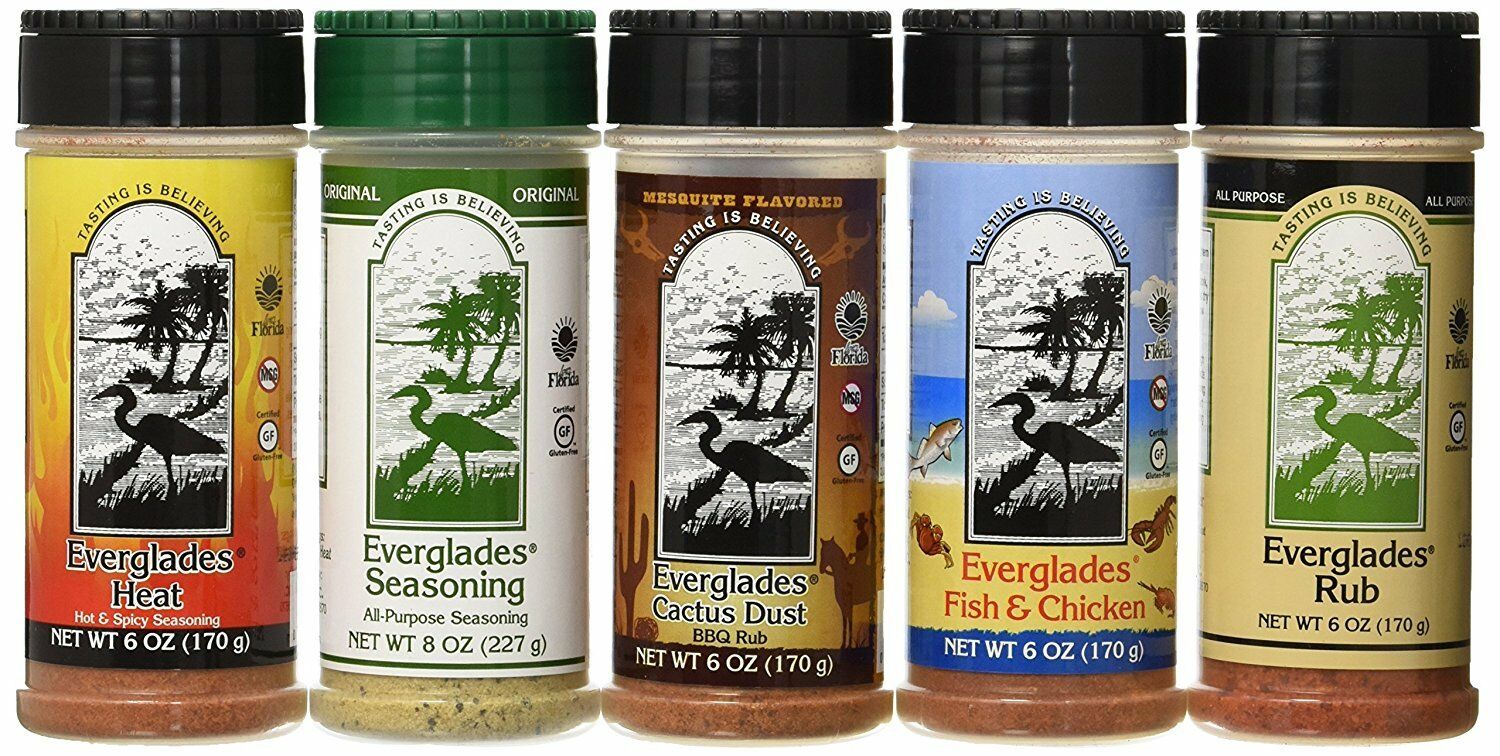-40%
Grown Organiclly PREMIUM ALL Natural RAW Sesame Seeds Hulled / Shell ,8oz-10 LBS
$ 6.33
- Description
- Size Guide
Description
WE GUARANTEE THAT WE HAVE THE BEST PRICEAND QUALITY ON EBAY !
All Natural Grown Organiclly PREMIUM ALL Natural RAW Sesame Seeds Hulled/Shell/Black
RAW Sesame Seeds
8oz-10 LBS
GLUTEN-FREE FOOD
AAA GRADE !!!!
We use
Stand Up Resealable Ziplock Packaging Bag which is perfect to store the food. (High Quality Packing)
Condition: Product of this year!!! NEW and FRESH!!!
F
REE SHIPPING, FAST DELIVERY.
30 DAYS MONEY BACK, NO RESTOCKING FEE!
Shelf life-
Expiration Date: 24 Months (Cool and sealed Storage)
Sesame seeds
Sesame seeds add a nutty taste and a delicate, almost invisible, crunch to many Asian dishes. They are also the main ingredients in tahini (sesame seed paste) and the wonderful Middle Eastern sweet call halvah. They are available throughout the year.
Sesame seeds may be the oldest condiment known to man. They are highly valued for their oil which is exceptionally resistant to rancidity. "Open sesame"—the famous phrase from the Arabian Nights—reflects the distinguishing feature of the sesame seed pod, which bursts open when it reaches maturity. The scientific name for sesame seeds is
Sesamun indicum
.
Sesame Seeds, dried
0.25 cup
(36.00 grams)
Calories: 206
GI:
very low
Nutrient
DRI/DV
copper
163%
manganese
45%
calcium
35%
magnesium
32%
phosphorus
32%
iron
29%
zinc
25%
molybdenum
24%
selenium
23%
vitamin B1
23%
fiber
17%
Health Benefits
Not only are sesame seeds an excellent source of copper and a very good source of manganese, but they are also a good source of calcium, magnesium, iron, phosphorus, vitamin B1, zinc, molybdenum, selenium, and dietary fiber. In addition to these important nutrients, sesame seeds contain two unique substances:
sesamin
and
sesamolin
. Both of these substances belong to a group of special beneficial fibers called
lignans
, and have been shown to have a cholesterol-lowering effect in humans, and to prevent high blood pressure and increase vitamin E supplies in animals. Sesamin has also been found to protect the liver from oxidative damage.
Rich In Beneficial Minerals
Sesame seeds are an excellent source of copper, a very good source of manganese, and a good source of magnesium, calcium, phosphorus, iron, zinc, molybdenum, and selenium. This rich assortment of minerals translates into the following health benefits:
Copper Provides Relief for Rheumatoid Arthritis
Copper is known for its use in reducing some of the pain and swelling of rheumatoid arthritis. Copper's effectiveness is due to the fact that this trace mineral is important in a number of antiinflammatory and antioxidant enzyme systems. In addition, copper plays an important role in the activity of lysyl oxidase, an enzyme needed for the cross-linking of collagen and elastin—the ground substances that provide structure, strength and elasticity in blood vessels, bones and joints.
Magnesium Supports Vascular and Respiratory Health
Studies have supported magnesium's usefulness in:
Preventing the airway spasm in asthma
Lowering high blood pressure, a contributing factor in heart attack, stroke, and diabetic heart disease
Preventing the trigeminal blood vessel spasm that triggers migraine attacks
Restoring normal sleep patterns in women who are experiencing unpleasant symptoms associated with menopause
Calcium Helps Prevent Colon Cancer, Osteoporosis, Migraine and PMS
In recent studies, calcium has been shown to:
Help protect colon cells from cancer-causing chemicals
Help prevent the bone loss that can occur as a result of menopause or certain conditions such as rheumatoid arthritis
Help prevent migraine headaches in those who suffer from them
Reduce PMS symptoms during the luteal phase (the second half) of the menstrual cycle
There is a little bit of controversy about sesame seeds and calcium, because there is a substantial difference between the calcium content of hulled versus unhulled sesame seeds. When the hulls remain on the seeds, one tablespoon of sesame seeds will contains about 88 milligrams of calcium. When the hulls are removed, this same tablespoon will contain about 37 milligrams (about 60% less). Tahini—a spreadable paste made from ground sesame seeds—is usually made from hulled seeds (seeds with the hulls removed, called kernels), and so it will usually contain this lower amount of calcium.
The term "sesame butter" can sometimes refer to tahini made from sesame seed kernels, or it can also be used to mean a seed paste made from whole sesame seeds—hull included.
Although the seed hulls provide an additional 51 milligrams of calcium per tablespoon of seeds, the calcium found in the hulls appears in large part to be found in the form of calcium oxalate. This form of calcium is different than the form found in the kernels, and it is a less absorbable form of calcium. So even though a person would be likely to get more calcium from sesame seeds or sesame seed butter that contained the hulls, there is a question about how much more calcium would be involved. It would defintely be less than the 51 additional milligrams found in the seed hulls.
Zinc for Bone Health
Another reason for older men to make zinc-rich foods such as sesame seeds a regular part of their healthy way of eating is bone mineral density. Although osteoporosis is often thought to be a disease for which postmenopausal women are at highest risk, it is also a potential problem for older men. Almost 30% of hip fractures occur in men, and 1 in 8 men over age 50 will have an osteoporotic fracture. A study of 396 men ranging in age from 45-92 that was published in the
American Journal of Clinical Nutrition
found a clear correlation between low dietary intake of zinc, low blood levels of the trace mineral, and osteoporosis at the hip and spine.
Sesame Seeds' Phytosterols Lower Cholesterol
Phytosterols are compounds found in plants that have a chemical structure very similar to cholesterol, and when present in the diet in sufficient amounts, are believed to reduce blood levels of cholesterol, enhance the immune response and decrease risk of certain cancers.
Phytosterols beneficial effects are so dramatic that they have been extracted from soybean, corn, and pine tree oil and added to processed foods, such as "butter"-replacement spreads, which are then touted as cholesterol-lowering "foods." But why settle for an imitation "butter" when Mother Nature's nuts and seeds are a naturally rich source of phytosterols—and cardio-protective fiber, minerals and healthy fats as well?
In a study in the
Journal of Agricultural and Food Chemistry
, researchers published the amounts of phytosterols present in nuts and seeds commonly eaten in the United States.
Sesame seeds had the highest total phytosterol content (400-413 mg per 100 grams), and English walnuts and Brazil nuts the lowest (113 mg/100grams and 95 mg/100 grams). (100 grams is equivalent to 3.5 ounces.) Of the nuts and seeds typically consumed as snack foods, pistachios and sunflower seeds were richest in phytosterols (270-289 mg/100 g), followed by pumpkin seeds (265 mg/100 g).
